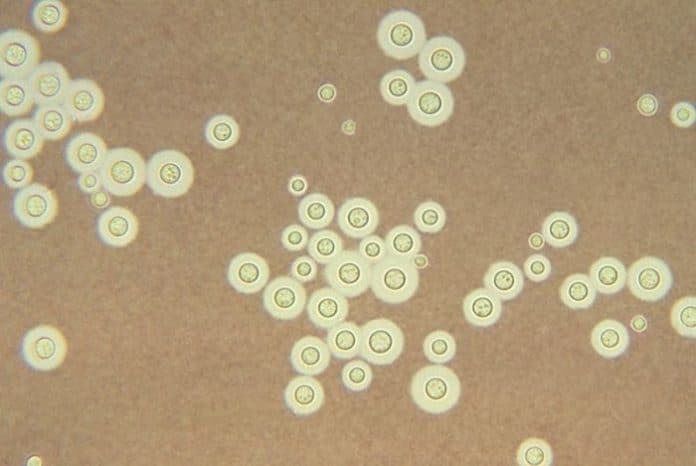A recent discovery of medical marijuana containing bacterial and fungal pathogens could be a serious wake-up call for the legal cannabis industry. Or is it just a scare campaign?
Researchers at UC Davis examined 20 marijuana samples obtained from dispensaries in Northern California. Apparently they found alarming levels of infectious organisms with the potential to trigger serious lung infections
The pathogens discovered included Cryptococcus (fungus), Mucor (mold), Aspergillus fungi, Escherichia coli (bacteria), Klebsiella pneumoniae (bacteria) and Acinetobacter baumannii; also a bacteria.
While not all bacteria and fungi are bad – these are; posing a particular threat to patients with leukemia, lymphoma, AIDS or conditions requiring immune-suppressing therapies.
“Because microorganisms known to cause serious infections in immunocompromised patients were found to be common on marijuana, we strongly advise patients to avoid it,” said George Thompson III, associate professor of clinical medicine at UC Davis.
Joseph Tuscano, one of the lead authors of a paper associated with the research said infection with the pathogens they discovered in medical marijuana could lead to death.
“Inhaling marijuana in any form provides a direct portal of entry deep into the lungs where infection can easily take hold,” he said.
The microorganisms mentioned above can be found just about everywhere. It’s the number of colony-forming units (CFUs) that is important. It’s the dose that makes the poison so to speak; and the more compromised an immune system is, the lower the number needed to cause problems.
So is this just fearmongering, or have there been cases where patients have actually died as a result of using contaminated medical cannabis?
While it doesn’t appear cases have been widely reported, according to Professor Tuscano one of his patients developed a rare and incurable fungal infection after using aerosolized marijuana.
Apparently smoking cannabis isn’t safe either as the temperatures involved aren’t high enough for long enough; so that would mean vaping medicinal cannabis is out too. The authors of the study suggest baked goods *may* be a better option.
An important footnote to this study is that the actual testing of study samples was conducted in a private laboratory; not at UC Davis. This is because the U.S. Drug Enforcement Administration (DEA) does not permit possession of marijuana for research purposes within institutions receiving federal funding.
The researchers say they are currently conducting further studies in order to refine the significance of the findings.
In some countries, medical cannabis must be irradiated prior to sale in order to protect patients with weakened immune systems. Bombarding marijuana with gamma radiation is itself a controversial process that may not kill all forms of potentially problematic microorganisms.
Certain extracts are said to be free of bacteria and fungi, assuming a clean preparation environment. For example, cannabidiol (CBD) extracted via supercritical liquid CO2 is claimed to be free of these pathogens.
While just because something is natural, it’s not necessarily good for you; the potential risks associated with medical cannabis may be far outweighed by the benefits – particularly in the case of those suffering terminal illness and debilitating disease. But that doesn’t mean that due diligence shouldn’t be undertaken; particularly on the industry side.


